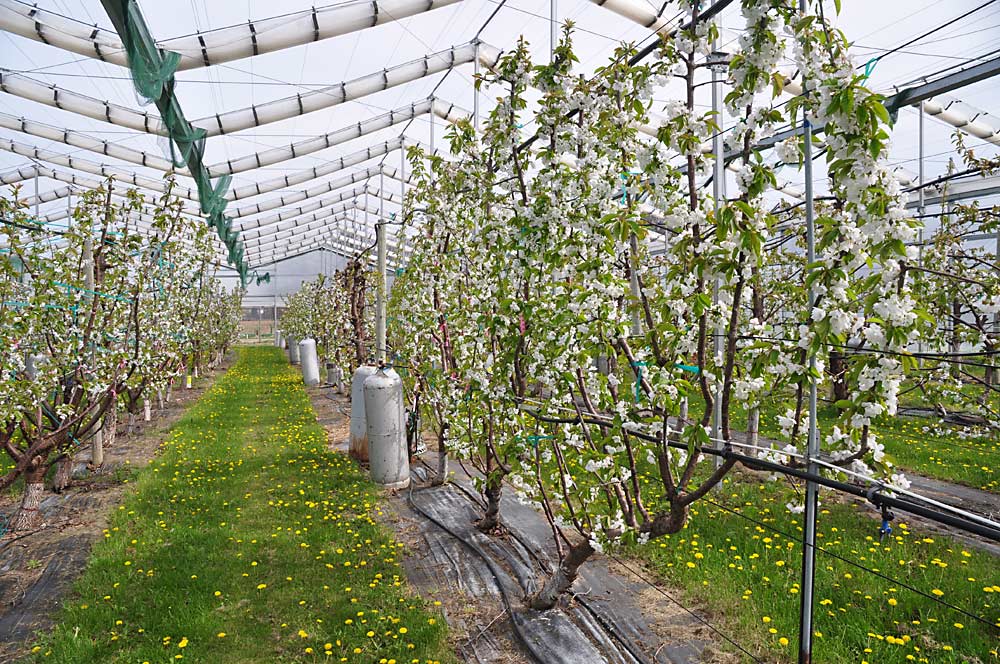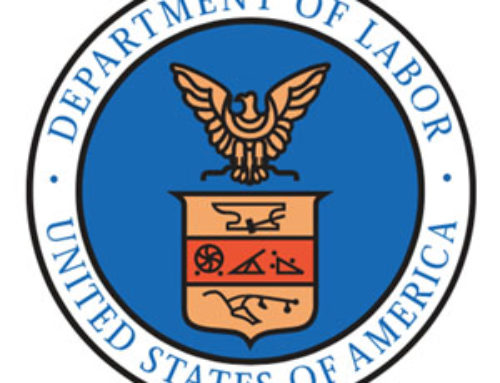
Despite the difficult economics facing tart cherry growers, Michigan tree fruit growers have voted again in support of putting their own money toward the infrastructure at Michigan State University’s research orchards.
By renewing the Michigan Tree Fruit Research & Development Program, which was created in 2014 when MSU was looking to close the main tree fruit research station in Clarksville, growers will raise about $700,000 every year and continue to leverage those funds with lawmakers, matching grants and in-kind donations to raise even more.
In the first five years, the commission generated $5.8 million, said chair Jim Nugent, a tart cherry grower.

“The industry really deserves some recognition for what they did to step up and help when we needed it,” said Doug Buhler, head of AgBioResearch at MSU. “It has been heavily targeted to infrastructure. The vast majority has been irrigation, new orchard plantings, buying new sprayers, upgrading a lot of those things.”
The commission was inspired in part by the endowment Washington state growers set up, although in Michigan the effort is structured as a checkoff program with an annual budget. The program is predominantly focused on research farm facilities, which had lost about 50 percent of their operation dollars over the previous decade.
“It was really a paradigm shift; none of the commodity groups had done this,” Nugent said. “We are making some major strides at our research stations to get them back up to where they should have been. Getting trees planted has been a high priority for us.”
The fact that farmers were investing their own money toward MSU facilities really garnered the attention of state lawmakers, who have responded with an additional $2.5 million from the Michigan Department of Agriculture and Rural Development. The agribusiness community also followed suit with new donations of equipment and supplies.
Nugent also credits the new partnership between industry and MSU with the recent deal to purchase an orchard neighboring the Northwest Michigan Horticulture Research Center in Traverse City, which has expanded the capacity for critical spotted wing drosophila control trials.
The purchase was made possible by utilizing both a grant to the industry foundation that owns the center and MSU dollars.
The commission operates on a shoestring budget, borrowing administrative and financial assistance from the Michigan Apple Committee, the Michigan Cherry Committee, the Michigan State Horticultural Society and the Michigan Processing Apple Growers.
—by Kate Prengaman
Related: The land grant mission






Leave A Comment